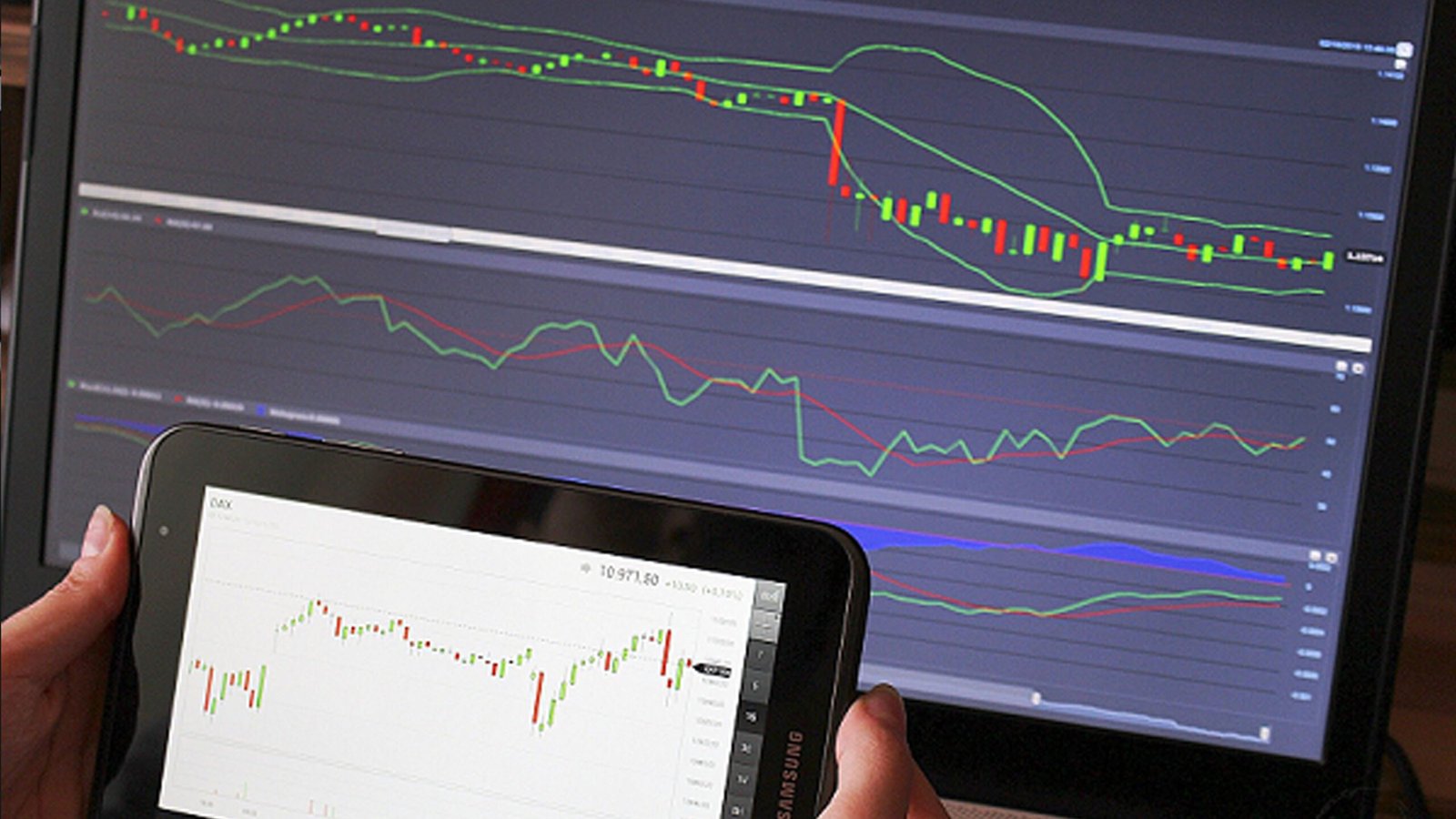Stock Options

Definition of stock options
Stock options are derivative instruments that give their holder the right to buy or sell any stock at their predetermined prices, regardless of prevailing market prices.
In general, the following are its components -
1 – Strike price is the price of options bought or sold.
2 – Expiration – All stock options will have a predetermined expiration date on which the instrument will clear.
3 – Premium – The price of options that can be written or purchased.
4 – Lot size – The stock option based on the prevailing market price of a share consists of a fixed number of shares defined as the lot size.
Types of stock options
Both types are listed below –
1 - American style
The American option can be exercised at any time, even before expiration.
2 - European Style
The European Option can only be exercised at maturity.
How does the futures market work?
The futures market maintains a balance between rising commodity prices and the prices investors pay for them. It also standardizes futures contracts and allows investors to trade them with the help of futures brokers on its trading venues or clearing houses. By signing a contract, the buyer and seller agree to pay an agreed price for a commodity or derivative, regardless of future fluctuations in market prices.
Let’s say there is a grain farmer who has enough grain to sell in the market. The producer would prefer to sell the grain at a higher price. But the buyer, like the grain producers, would buy it at a lower price. A central financial exchange, aka the futures market, facilitates trading between the two.
Both parties agree to buy and sell the commodity in the futures market at a specified price at a future date by signing a futures contract. As a result, the increase or decrease in the market price does not affect the seller or the buyer – in other words, futures contracts protect the producer from market volatility by transferring risk and return. to the investor.
Advantages of Stock Options
Leverage
Buying stocks requires an upfront payment, which requires huge cash flow. However, with a smaller initial investment, an investor can gain considerable exposure to the underlying axis of an option.
Short Selling Ease
Selling stocks short carries enormous risks as well as legal ramifications. However, with options, you can easily take a short position of
by paying a premium based on speculation or having a specific view.
Flexibility
Options can be structured according to investor needs. There are many strategies such as straddle, stranded and bull call spread
which refer to a trading strategy in which the trader speculates on a limited valuation of the share price. Here the trader is betting on the same stock via two call options for the upper and lower strike price range, bullish buy spread, etc., under which investors can plan and make huge profits.
Disadvantages of Stock Options
Risk
Options buyers will suffer losses limited to the amount of premium paid. However, the author of the options will face considerable risk. It can also be unlimited. Therefore, stock options carry a huge risk compared to the direct purchase of stocks.
No Shareholder Privilege
Once purchased, shares may be sold even after 100 years at the discretion of investors. However, there is a fixed and predetermined expiration date by which an instrument must be optionally equalized. For this reason, even if the investor realizes negative profits, he will have to equalize the instrument even at a loss sharply.
Constant observation of market prices for the payment of premiums
As a rule, the investor pays the purchase price of an investment in shares. After that, no payment is required. However, the options seller will need to continuously monitor the market prices below which the market
the market price of an instrument will settle at the end of the day.
Stock option indicators
The stock option evolution indicators are presented below:
The degree of variation of the option price compared to the variation of the market price.
The degree to which the delta (as stated in point 1) of the option would change relative to the change in the market price. Simply put, it is defined as the delta of the delta.
The degree to which the price of the option changes relative to a change in the expiration of the option instrument.
The degree to which the option’s price changes relative to a change in the risk-free interest rate.
The degree to which the option’s price changes relative to the change in volatility.
Conclusion
Stock options are the preferred financial instruments of asset management companies, portfolio managers, foreign institutional investors, etc. It offers the advantages of betting with huge exposure based on the specific view of the movement of the stock price in a particular direction.





